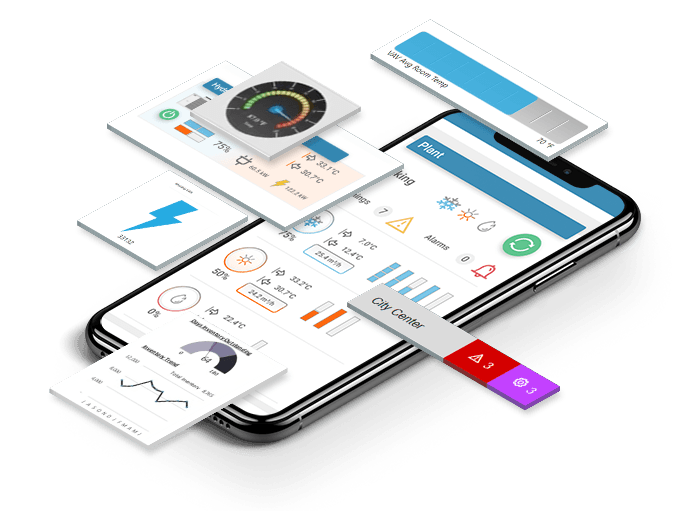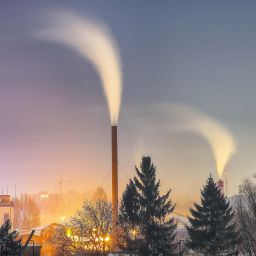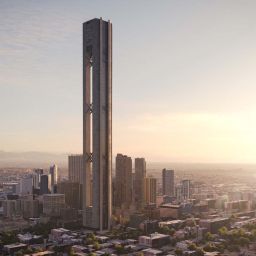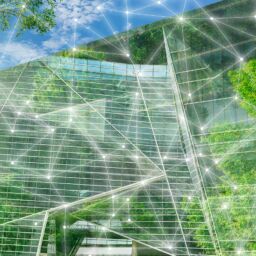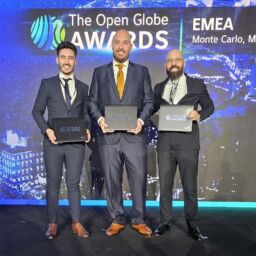After Covid-19 and the war in Europe, the discussion about energy sources and the climate emergency became more decisive. It is clearer than ever that energy dependence on non-renewable sources is a model that has long expired and that a resource-based and resource-conscious economy is the only way forward already at present. Young people already consider it as the most important issue and the current crisis has made it mandatory to have a clear and categorical energy policy, capable of listing rules to be followed and laws to defend them.
New Energy Saving Plan 2022-2023 published in Diário da República at the end of last September ensures a set of mandatory rules for central public administration and another recommended for local public administration and private individuals, encompassing measures, separately for reduction for the areas of energy, water efficiency and mobility.
According to the document: […] In addition to the measures identified in the Energy Saving Plan 2022-2023 are also addressed other factors, instruments and projects currently underway and/or that are expected in the near future, with influence on the consumption reduction period under study, and that, as a whole, are intended to constitute Portugal’s response to the voluntary reduction target of 15% outlined in Council Regulation 2022/1369 of 5 August 2022, which contributes to the common goal of the European Union. It is suggested that the duration of the Energy Saving Plan 2022-2023 is until the end of 2023, providing that it may coexist beyond this phase of restrictions proposed by the European Union […]
As we said, there are mandatory rules for state entities and recommended rules for local authorities and private individuals. We give some examples.
In the mandatory for Lighting we have:
- Various hourly rules for lighting use.
- Implementation of management systems to rationalise consumption.
- Replacement of interior/exterior lighting with high-energy performance LED technology lighting.
For Room Climate Control:
- Adjustment of the temperatures of the interior air conditioning equipment, to a maximum of 18°C in winter and a minimum of 25°C in summer.
For Renewable Energy Sources:
- Encourage local production of electricity through systems that use renewable energy sources.
For Water Efficiency:
- Reduction of time and amount of water used for irrigation, cleaning and washing.
There are still others related to the management of human resources. These actions are estimated to take between 3 and 12 months to be executed, but if we are to believe the same document and what the geopolitical situation and the planet itself demand, these actions will remain and / or complement other existing ones such as the National Energy and Climate Plan 2030 (PNEC 2030). For some of the measures it is easy to quantify the savings, for others it is more difficult to monitor.

Among the rules recommended for local authorities, private individuals (commerce and industry in general, shopping centres, clinics, sports complexes, among many others) and, basically, for all conscientious citizens, we have:
- Reduce energy consumption associated with public lighting.
- Reduce energy consumption by air-conditioning spaces.
- Reduce energy consumption in swimming pools and sports complexes.
- Local production of electricity from renewable energy sources.
- Increase water efficiency and reduce water waste in the irrigation of outdoor spaces and industrial production.
- Promote, as far as possible, human resource management practices that enable the reduction of energy consumption (for example, evaluating energy savings through the use of telework.
It is therefore important to have an Energy Saving Plan 2022-2023, with a transversal and rapid application, focused on demand management, with strategic vectors:
- Invest in energy and water efficiency in industry, reducing its energy consumption and increasing its competitiveness.
- Invest in energy and water efficiency in the residential, commercial and services sector, as well as in campaigns promoting balanced and sustainable consumption.
- Promote the production of renewable electricity for self-consumption.
If we want to have a future, we must begin to internalise that these measures, although they apply and refer more emphatically to entities, begin and end with each of the people who are part of these organisations. With no patronising, the change is each one of us!
WiseBuilding® is technically capable of supporting your adaptation and transition process by working up Technical systems management. Contact us.
WISEFRAMEWORK is a BACnet B-AWS certified software solution for state-of-the-art integration, control, management and visualisation in building automation systems. Designed to redefine the way buildings are operated through an open platform and seamless harmonisation between building-generated data by supporting multiple protocols including BACnet, Modbus, KNX, OPC-UA and MQTT. Through the use of Haystack technology, the software also empowers the building for the future at the forefront in the integration of the various technical systems.



